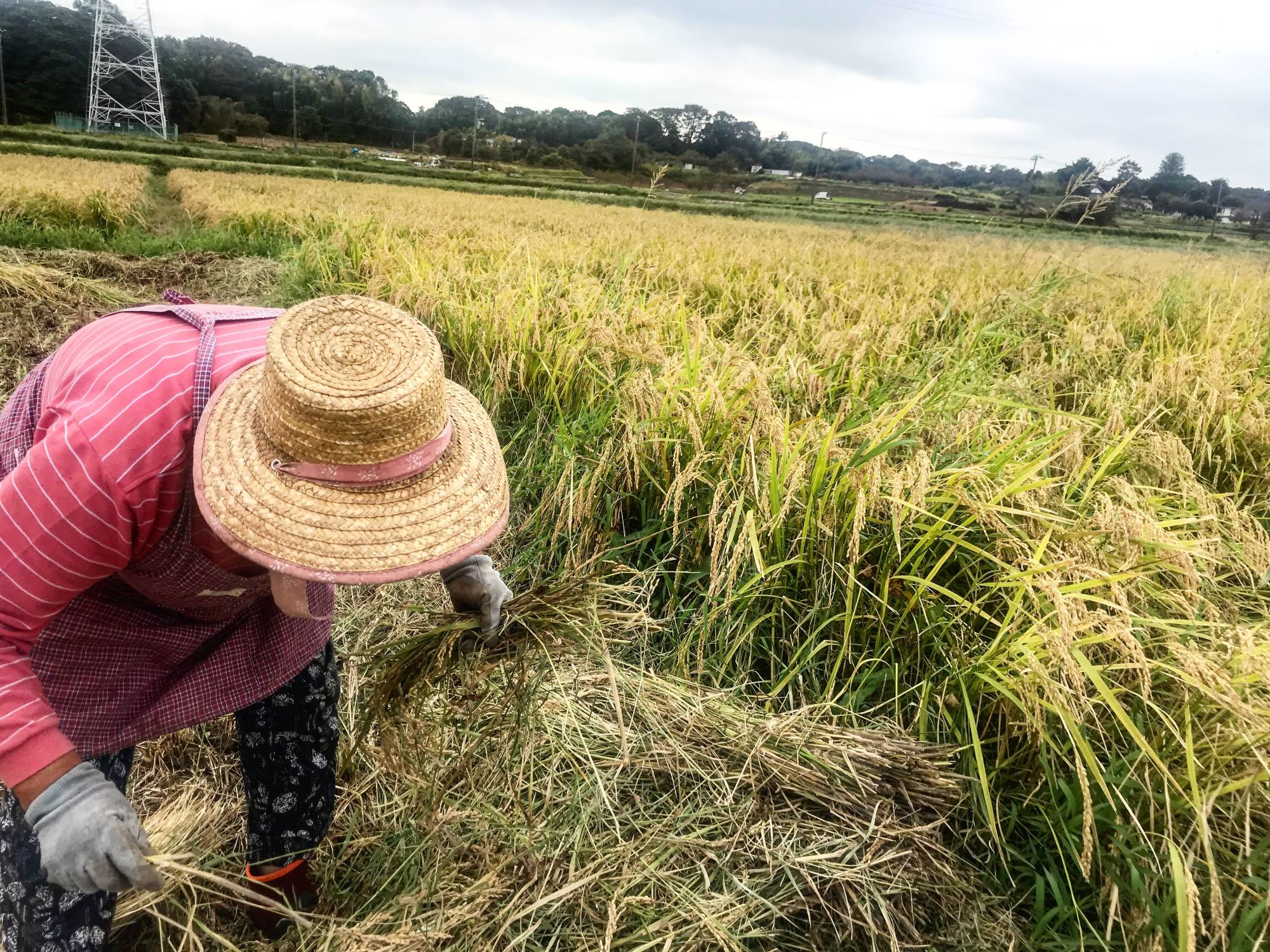Even as the COVID-19 outbreak has helped Japan’s industrial behemoths cobble together the necessary tools for employees to work from home, more and more Japanese city dwellers are contemplating a move to the countryside.
This isn’t a completely new trend. I-turn, U-turn and J-turn are existing economic terms to describe people who move between urban and rural environments: U-turn describes those who moved from the countryside to the city, and are now returning to their hometowns; I-turn describes those from the city moving to the countryside; while J-turn refers to people originally from the countryside who, after moving to the city, return to a place near their hometown.
Kazuo Kasami, a deputy secretary-general of Furusato Kaiki Shien Center (Center for Hometown-bound Aid), a nonprofit organization supporting those interested in making such pivots through one-on-one consultations and how-to seminars, has noted a significant increase in the number of younger people considering making the move.



















With your current subscription plan you can comment on stories. However, before writing your first comment, please create a display name in the Profile section of your subscriber account page.